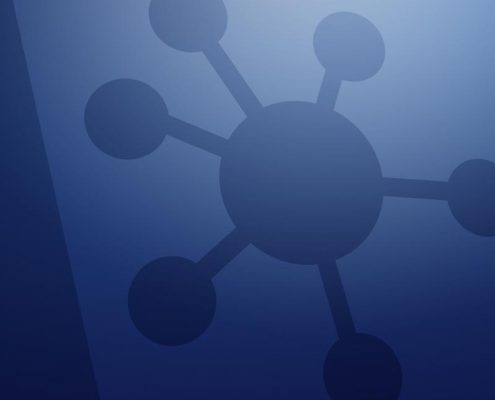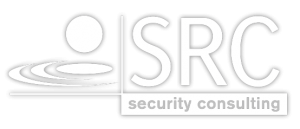Information Security Management Systeme (ISMS) – myths, misconceptions and misconceptions
There are several myths, misconceptions and misconceptions surrounding Information Security Management Systems (ISMS) that can lead to incorrect assumptions or inadequate implementations.
In our latest blog article, we would like to briefly introduce some of them:
Myth #1: ISMS is only for large enterprises
It’s a common misconception that an ISMS is only for large enterprises. In fact, organizations of all sizes can benefit from an ISMS as it helps to become aware of threats, mitigate risks and meet compliance requirements. Regardless of the size of the organization, an effective ISMS helps address information security in all aspects of business operations, which ultimately helps strengthen overall business success and promote trust.
Myth #2: ISMS is just a technical matter
There is often a misconception that an ISMS is all about technical measures. However, the primary focus is on information and processes. Through these, both the technical and other organizational aspects, such as policies, procedures, training and awareness programs, then come into consideration. In other words, an effective ISMS requires a holistic approach that involves people, processes and technology to ensure and improve the security of information in the organization.
Myth #3: An ISMS is a one-time task
An ISMS is not merely a one-time task. While it is sometimes assumed that an ISMS can be implemented once and then operated on the side, it is actually a continuous process that requires constant monitoring, review and improvement to keep pace with changing threats and business needs. This process fosters an enduring culture of information security in the organization that is focused on proactive risk mitigation and constant adaptation to new security challenges.
Myth #4: Conformance guarantees security
Conformance to standards such as ISO 27001 does not automatically mean that an organization is fully protected. An ISMS should be viewed as a continuous improvement process that goes beyond mere compliance. It’s about creating awareness of information security throughout the organization, improving the ability to respond to changing threats, and ultimately establishing a sustainable security culture.
Myth #5: ISMS is for marketing purposes only
While sales and marketing departments certainly won’t disagree, an effective ISMS primarily helps organizations mitigate risk, meet compliance requirements, and build trust with customers and partners. Overall, such a system promotes a security-conscious culture and improves business practices.
Would you have known?
By clearing up these myths, misconceptions and misconceptions, organizations can gain a better understanding of how to effectively implement and use an ISMS to protect their information and drive business success.
We at SRC Security Research & Consulting GmbH can actively support you in the process from consulting to certification, feel free to contact us.
Contact us:
Christoph Sesterhenn
E‑Mail






